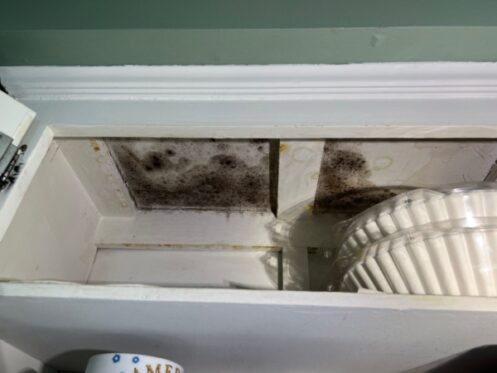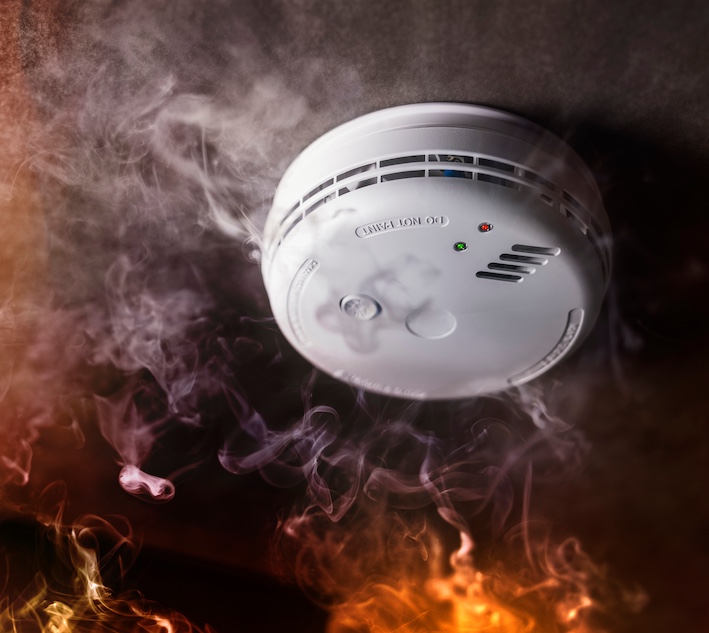Essential oils have gained popularity as a natural way to freshen indoor spaces. There’s an ongoing debate about whether they are a reliable solution for household odors. Supporters argue they provide a natural, chemical-free way to freshen indoor air.
However, essential oils are not a substitute for deep cleaning and proper odor remediation. Their scents can mask unpleasant household odors, but the relief is temporary. These oils do not address the root cause of the problem. If you’re dealing with persistent odors in your home, it’s important to understand the benefits and limitations of essential oils in odor control.
How Essential Oils Work on Odors
Essential oils can add a pleasant scent without harsh chemicals if you’re dealing with mild odors from everyday living. They are derived from plants and have aromatic compounds that neutralize or mask odors. Many people use diffusers, sprays, or cleaning solutions infused with essential oils to freshen up their homes.
Some of the most popular essential oils for odor control include:
- Lavender: A floral scent that can help neutralize lightly musty odors
- Lemon: A fresh, citrusy aroma that can help counteract some food and pet odors
- Tea Tree Oil: Known for its antimicrobial properties, which may help reduce bacteria-related smells.
- Peppermint: A refreshing scent that can combat stale air
- Eucalyptus: A crisp, clean fragrance that can help freshen up bathrooms and kitchens
Limitations
These oils are not a long-term solution for household odors. They work by masking smells rather than eliminating the bacteria, mold, mildew, or other underlying issues causing them. This means the odor problem will likely return once the scent fades. In some cases, they could even mask serious concerns like mold growth, delaying necessary action.
Here are some common odor problems that essential oils won’t fix:
- Mold and mildew: Musty smells often indicate mold or mold growth, requiring proper cleaning and moisture control.
- Heavy pet odors: Lingering pet smells may stem from carpets and upholstery that need deep cleaning.
- Cooking odors: Strong food smells can become trapped in fabrics and air ducts, requiring ventilation and thorough cleaning.
- Smoke smells: Cigarette or fire smoke can cling to walls, ceilings, and furniture, needing specialized treatments.
A Better Solution for Odors
If you want to eliminate odors rather than mask them, it’s best to take a proactive approach:
- Locate what’s causing the smell and take appropriate action.
- Improve ventilation by using fans and opening windows to enhance indoor air circulation.
- Address underlying moisture issues. Use dehumidifiers and fix leaks to prevent mold and mildew growth.
- Call a professional to eliminate odors at the source.
Essential oils can be a temporary way to freshen your home, but they aren’t a cure-all for persistent household odors. To truly eliminate unwanted smells, you need to tackle the root cause through deep cleaning, moisture control, and, in some cases, professional remediation. If you’re struggling with ongoing odor issues, reach out to Pur360 for a lasting solution.



